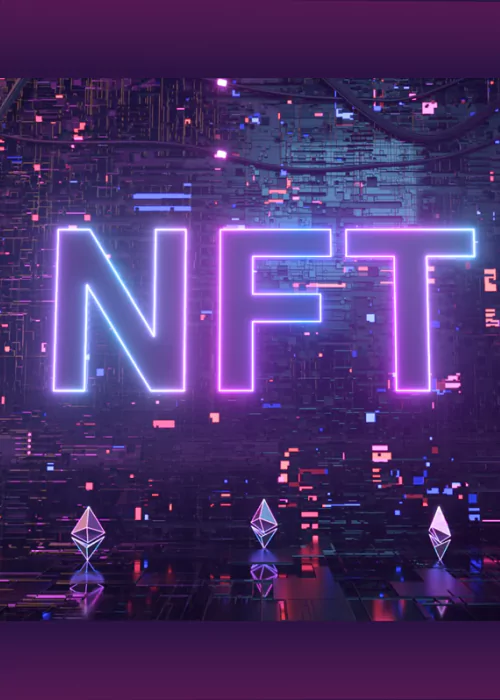A crypto exchange is an online platform that allows buying, selling, & exchanging crypto & fiat currencies. As compared to a traditional platform, it offers better security, transaction speed, and transparency.
The faster, more reliable, and convenient your platform, the larger its audience base. This means more trading activity by the participants, leading to increased revenues.
How is a crypto exchange different from a crypto market?
- In cryptocurrency markets, people with crypto interact with other keen crypto traders right on the platform. Meanwhile, on a crypto exchange, you can exchange a specific type of crypto for another type.
- Also, here, you only interact only with a single service provider. Whereas in a marketplace, you can interact with several traders.
- A crypto exchange is also far more reliable in terms of exchange rates stability.
- Further, in an exchange, you can only adhere to the single set tariff. Like in a marketplace, you cannot pick the most fitting pricing option.
What are the types of crypto exchange platforms?
Centralized Exchange
A third party is involved in crypto transactions who charges around 0.1-1.5 percent of the trading fee. If you choose this option to build a crypto exchange platform, you can earn through the trading fee.
A centralized crypto exchange also offers high liquidity.
Decentralized Exchange
Here, all transactions take place without any intermediary. This type of crypto exchange platform lacks liquidity. But it offers better transparency and security than centralized & P2P exchanges.
Hire the best crypto exchange development company to get a high-performance platform customized to your needs.
P2P Exchange
In a peer-to-peer exchange, the buyers directly connect with the sellers. No third party is involved; it comes into play only for dispute redressal.
A P2P crypto trading platform is generally supported by a smart contract-based escrow system. This helps drive trusted transactions.
Margin Trading Exchange
This kind of cryptocurrency exchange allows the users to go long or short on many cryptocurrencies. Through margin trading, traders can leverage increased buying or selling power.
They can open positions that are much larger than their actual account balance.
NFT Exchange
The coming up of CryptoKitties – a non-fungible token developed on Ethereum – brought forth the concept of an NFT exchange. Ever since, many blockchains like Tron, Binance Smart Chain (BSC), Cosmos, etc. have started supporting NFTs.
With the rising popularity of NFTs, the need to build an NFT exchange and wallet has also increased.
Crypto Derivatives Exchange
A crypto derivative is an automated financial contract between parties based on the asset’s price at a specific time in the future. It can be traded on both centralized & decentralized cryptocurrency exchanges.
If you want to reach more investors, leveraging the potential of a cryptocurrency derivatives exchange is a smart move.
Hybrid Cryptocurrency Exchange
This type is a new generation of the crypto trading marketplace. It is a crypto exchange that takes the advantage of both centralized & decentralized cryptocurrency exchanges. As such, it offers the best of both worlds.
A hybrid crypto exchange provides users with access to their private keys. It aims to solve the scalability issues and address the high trading fees of decentralized exchanges.
Further, there are no taker fees and gas fees in HEX trading.
| Centralized Exchange | Decentralized Exchange | Hybrid Exchange | |
| UI & UX | Easy to use | Hard to use | Easy to use |
| Custody | Users trust the CEX | Users own their funds | Users own their funds |
| Matching speed | Very fast | Slow | Fast |
| Trading volume | High | Low | Low |
| Features | Unlimited | Limited | Limited |
| Fiat gateway | Yes | No | Yes |
| Liquidity | High | Low | Low |
| Security | Vulnerable to hacks | Less vulnerable to hacks | Less vulnerable to hacks |
| Legal safeguards | CEXs can be easily shut down | Nearly impossible to shut down or regulate DEXs | Difficult, if not impossible to shut down or regulate HEXs |
| Privacy | KYC including providing your identity proof is mandatory | Require just an email address | Offer complete privacy and anonymity to the exchange users |
Want to hire dedicated blockchain developers?
How to Build a Crypto Exchange Platform?
Define Your Target Audience
Depending on your TA reach, you’ll get to know the necessary licenses and permissions required. No matter whether the reach is restricted to your country or goes beyond national boundaries.
You need to take care of all the legal formalities for the smooth running of your cryptocurrency exchange business. We recommend you to take the assistance of a lawyer who has expertise in the domain.
Partner with a Reliable Bank
Choose a bank having adequate online facilities, partner-friendly conditions, & more or less substantial exchange rates.
Preferably, establish your connections in the countries where cryptocurrency is used as a regular means of payment. For example, the USA or Scandinavian countries.
Choose the Right Crypto Exchange Software Provider
Chart out your customization options keeping in mind your budget. Then, do a thorough research on the best crypto exchange software providers in your area who offer customized solutions.
Choose the one who most fulfills your business needs. Also, remember to get a mobile app built. It will significantly help you scale your revenue.
Get the Best Exchange Architecture Built
This includes four vital steps:
- Trading Engine
It is the core functionality of a cryptocurrency exchange platform. The whole mechanism works on its basis.
Ensure that the trading engine has access to the order book, matches all the purchasing and selling orders, processes transactions, and calculates balances.
- Frontend
The UI must be fully configured for seamless trading and transaction processes. Make it intuitive and user-friendly.
It will help your clients find their accounts, see all the exchange rate changes on time, deposit crypto or fiat money, and place orders.
The electronic wallets on your crypto exchange must enable a very quick and easy launching. Users must be securely able to withdraw digital money and convert it into fiat money.
- Admin Panel
It should have a powerful dashboard that helps the admin easily run trading operations. They must be able to verify processes, create liquidity, and provide quick customer support.
Looking to build a customized crypto exchange?
Ensure the Highest Security
Your cryptocurrency exchange must be a completely safe base for all the transactions, ICO, & money withdrawals that you will hold. Further, make sure that your clients’ sensitive personal data is fully protected.
Ensure Transparency
Strictly adhere to the Know Your Customer policies. These include checking passports or some other ID data to confirm the client personality.
Such policies remove scamming possibilities in the crypto exchange network.
Choose the Types of Cryptocurrencies
A cryptocurrency exchange should support as many crypto and fiat currencies as possible. As your crypto exchange will have an international reach, you will get a wider user base.
Take note that a manual integration of every currency is required. And usually, there is not enough bandwidth to accommodate this.
So, analyze your target market and integrate the digital currencies that are most in demand. Some popular cryptocurrencies include Bitcoin, Ethereum, Litecoin, and Ripple.
Provide Liquidity
When launching your cryptocurrency exchange, artificially model the demand for your service. Here’s how:
Establish activity by buying & selling crypto using profiles manually created by you.
Connect to the network of other exchanges to acquire liquidity of all services already connected to it.
Ensure quick and relevant customer support post launch.
What do users look for in a cryptocurrency exchange?
Accessibility
Various states worldwide impose different rules and regulations on the use of cryptocurrencies. So, identify the rules you need to follow in your state. Then, ensure that your crypto exchange complies with every rule.
Security
No regulatory body protects cryptocurrencies. So, the chances of fraudsters luring you into malicious activities are high.
Make sure that the digital currency your crypto exchange holds is insured.
Fees
Apps having the best interface & easiest management tools have higher fees. If all the features of your crypto exchange are up-to-the-mark, you do not need to worry about increased fees being a hurdle for more users to come onboard.
That’s because for them, the return will be much more than the initial investment.
Education Tools
Your cryptocurrency exchange must be built assuming that all users are beginners in the world of crypto. Send regular updates to them about the market values and other informative tools.
Over time, the users will understand that they’re getting all crypto-related knowledge on one platform. This will give them further incentive to trade on your crypto exchange platform.
You can even deliver tutorial content on a regular basis.
How much does it cost to build a crypto exchange platform?
To achieve the purpose, you’ll need to hire the best cryptocurrency exchange development company. Such a firm will even help you launch your crypto exchange.
The cost to build a crypto exchange depends on various factors like the technology used, the features integrated into the cryptocurrency exchange, and the type of crypto exchange you want to build.
Other key areas where expenditure will be made:
Jurisdiction
Working in a respected jurisdiction raises your reputation. It allows you to attract more clients and connect all the popular fiat payment systems.
Meanwhile, offshore regulators may offer you simpler registration procedures and relatively low rates. But you may have a very limited choice of payment gateways to connect to.
So, professional traders who consider regulation and license level as important may be less willing to become your clients.
Employee Expenses
Staffing requirements vary from one legislation to another. This greatly affects the cost to build your own cryptocurrency exchange. Here are the teams you must have if you want to attract a large number of clients from different categories:
- Support Team
Your support team must work 24/7 to answer all kinds of questions related to your cryptocurrency exchange platform.
- Compliance Team
This team verifies customer details and ensures that KYC and AML procedures are strictly followed.
You can outsource this function to a third party but that will cost comparatively more than an in-house team.
- Trading Operations Team
These employees monitor trading infrastructure. As such, they ensure that the orders are smoothly executed. Besides, they make sure that disputed transactions are resolved.
The team’s goal is to ensure that your clients’ successes don’t make the liquidity providers unhappy. It looks for opportunities to cover any possible risks.
- Finance Operations Team
The team manually processes all customer transactions to eliminate any chances of fraud. It also monitors and validates withdrawal transactions initiated by clients.
- Technical Team
These professionals help you deploy internal networks, carry out DNS registration and bind them to IP addresses. They maintain the general health of the technical infrastructure.
Payment Solutions Expenses
To get the competitive edge, offer your clients fiat payment systems for deposits and withdrawals.
Liquidity Expenses
You’ll need to maintain acceptable levels of liquidity on your cryptocurrency exchange. Connect with a few external providers in the beginning to get a decent-looking market depth.
When working with external suppliers, open clearing accounts and keep certain amounts on them. This will serve as a guarantee of uninterrupted execution of client trade requests.
The volume of funds in these accounts will largely depend on the volume of transactions executed on your cryptocurrency exchange.
Marketing Expenses
If you have large institutional clients during the launch, then marketing can be put on the back burner.
But you will incur significant marketing costs if you’re focusing on the retail market. To arrive at your crypto exchange’s cost model, carry out experiments of various campaigns.
Adopt the one that facilitates the scaling up of your cryptocurrency platform.
The table below indicates the approximate costs you will incur in the main categories. Note that this information is given only to give you an estimate. Do not forget to do your own research before implementing your cost model.
If you’re looking to build your own customized cryptocurrency exchange, take the help of our professionals. With years of experience in the field, we help make your dream a reality.
No more, no less.















































































